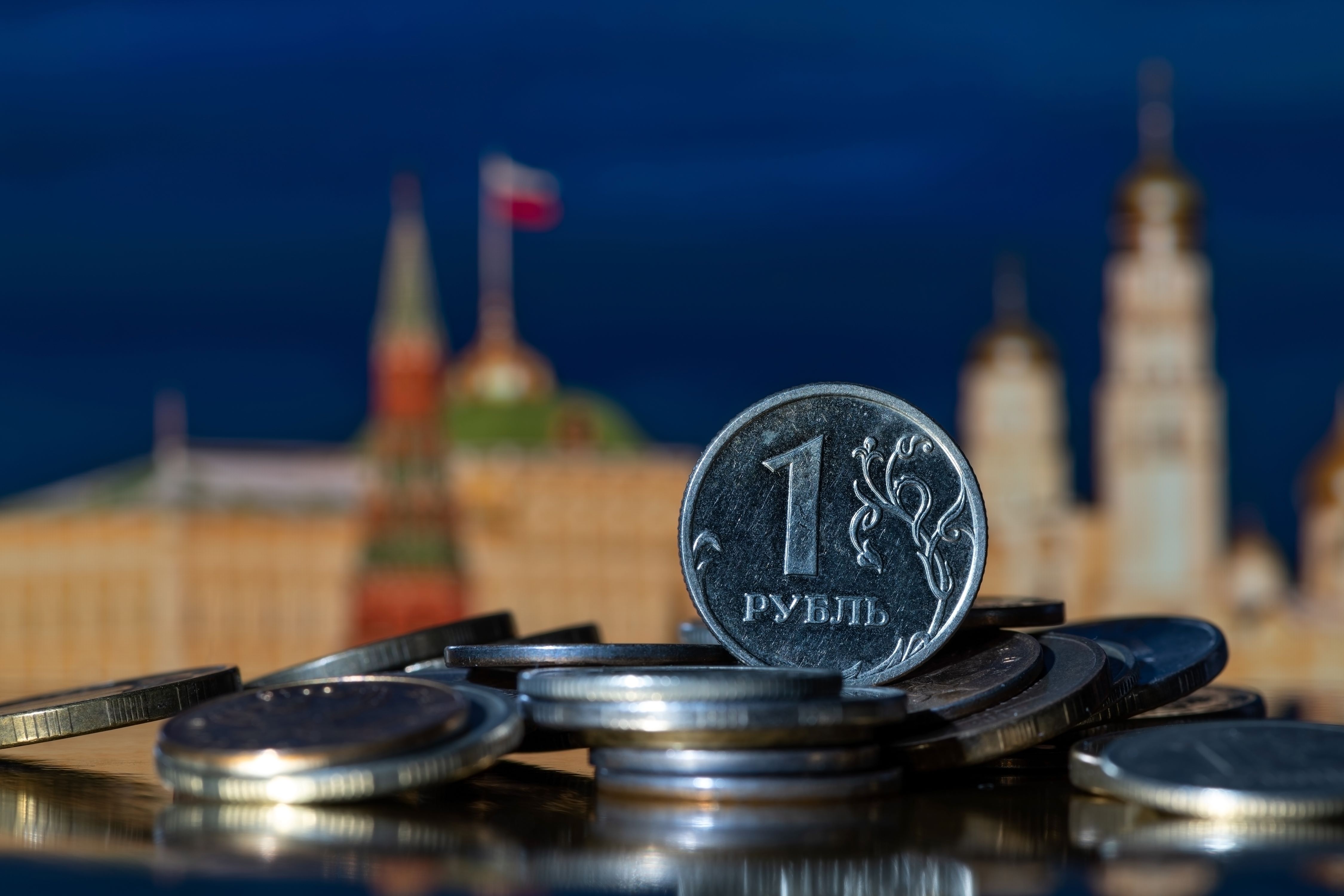
At least a dozen Russian businessmen received more than 1 trillion rubles. ($11.3 billion) for 2023 and in the first quarter of this year in the form of dividends, Bloomberg writes. Many of these tycoons are closely tied to President Vladimir Putin, and only a few have been sanctioned because of the war, which has been going on for three years.
- Russian tycoons received billions of dollars in dividends as their companies resumed or increased payments as the Russian economy adapted to the sanctions.
- Vagit Alekperov, a key shareholder and former president of oil giant Lukoil, topped the list with dividends of about RUB 186 billion. He is under sanctions from the United Kingdom and Australia, but has so far avoided sanctions from the United States and the European Union.
- Billionaires Alexei Mordashov of Severstal and Vladimir Lisin of Novolipetsk Iron and Steel Works were the next highest with 148 billion rubles and 121 billion rubles in dividend income, respectively. Mordashov is under US, UK and EU sanctions, while Lisin is not under any serious restrictions.
- At the same time, billionaires have faced the problem of where to invest their dividends after sanctions forced many to turn to the domestic market. In May, private investors invested 116.3 billion rubles on the Moscow Stock Exchange, a record monthly figure in 2024.
- Investments in Russian industry rose 14.5% year-on-year in the first quarter to a record nearly 6 trillion rubles, central bank data show. However, internal capabilities are limited.
- In June, the United States imposed sanctions on the Moscow Exchange and forced it to stop trading dollars and euros.
Context
The United States and its allies have imposed sweeping sanctions on Russia in response to the February 2022 invasion, prompting many companies to suspend dividend payments amid uncertainty about a potential economic collapse.
These fears were not confirmed as the Russian economy gradually adapted to the new conditions and exporters found alternative markets.
After a decline for a year following the start of the invasion, Russia’s economy rebounded sharply as the government invested heavily in expanding the defense industry.
Gross domestic product grew by 5.4% in the first quarter compared to the same period last year. Many commodity exporters have resumed paying dividends after restructuring their businesses and redirecting sales to markets in China, India, and other countries in the Global South that have not imposed sanctions due to the war in Ukraine.
Many state-owned corporations, such as Gazprom Neft and Sberbank, Russia’s largest bank, never stopped paying dividends, earning record profits during the war. Last month, Sberbank shareholders approved a record RUB 752 billion in dividends for 2023.
However, Russia’s economy may face significant challenges in the second half of the year and in 2025, which may prompt the government to raise taxes, said Chris Wheeler, CEO of Macro-Advisory Ltd. According to him, companies are facing growing difficulties with payments, which could lead to shortages of industrial components and consumer goods.

